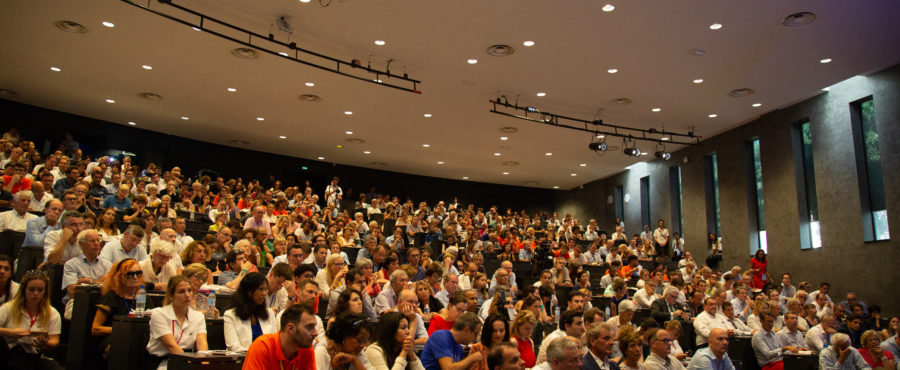7 Jul 2019
Which Values Will Tomorrow’s Society Embrace?
Session 39

It is customary for economists to study the value of goods and services, at the roots of commercial exchanges. It is more unusual for economists to work on values. Yet, values are collective representations that evolve in time and space, and which involve both the public and the private spheres.
Because values are not written and lie at the foundation of our behaviors, understanding them is not easy. Their vehicles are family, school, and religion – three vehicles which do not necessarily convey the same values. They can be the objects of conflicts: for individuals, when they belong to several communities, depending on which aspect of their lives is involved (work, leisure, religious practices, etc.), but also between individuals depending on the communities they belong to. The question is then that of the hierarchy of values and the existence or not of the smallest common denominator.
Loyalty, authenticity, solidarity, equality, liberty, responsibility, respect of dignity, tolerance, etc.: the risk lies in that each of these terms can be understood differently depending on societies and communities, such that trust in a common language erodes. Because ‘collective’ does not mean ‘universal’, the hypothesis according to which a set of common values providing the pillars of our societies exists is not obvious. It is often by observing the itineraries of single lives that we can discern the values which overarch the most exemplary behaviors.

























































































